Only after my great uncle, Derek Clayton, passed away did I fully realize the magnitude of the legacy he left behind. Derek wasn’t the kind of man who sought attention for his work, but rather, a quiet genius who understood that true progress often happens out of the spotlight. His life was defined by his devotion to one of the most overlooked, yet essential, plant families: grasses. For over 50 years, he worked methodically at Kew Gardens, reshaping our understanding of these plants in ways no one else had since the Victorian era.
Early Life and a Defining Choice
Derek was born in 1926 in Croydon, Surrey. After attending Eastbourne College and starting mechanical sciences at Cambridge, he quickly recognized something many fail to grasp: that pursuing the wrong path wastes more than time—it drains purpose. He left Cambridge after one year. A series of odd jobs followed, until his National Service pulled him in a new direction. As a 2nd Lieutenant in Austria, Derek was stationed far from academia, yet when he returned, he knew botany was where his future lay. His attention shifted to something as seemingly simple, yet immensely complex, as grass.
The rest, as they say, is history.
The Task of a Lifetime
In 1958, Derek became the head of the grass section at the Royal Botanic Gardens, Kew. This wasn’t merely a role—it was a responsibility, and he approached it with a clarity of purpose that few possess. Grasses, including wheat, rice, and maize, are the foundation of human civilization. Yet the classification of these vital plants had remained largely unchanged for decades, frozen in time. Derek recognized the need for a complete overhaul.
He didn’t just oversee the research; he led it. Using modern scientific techniques, from pollen morphology to chromosome analysis, Derek redefined the taxonomy of the grass family. His 1986 work, Genera Graminum, remains a cornerstone in the field—its impact is both profound and enduring. It wasn’t the recognition that mattered to Derek. What mattered was that it was done, and done right.
A Visionary Ahead of His Time
True vision is seeing beyond the horizon. Derek’s foresight extended beyond printed taxonomies. He knew that the future of botanical classification lay in the digital realm. While others continued with traditional methods, Derek dedicated a decade of his life to developing what would become GrassBase—the world’s largest database of grass species. Launched in 2000, GrassBase isn’t just a resource; it’s a legacy. Even in retirement, Derek returned to Kew, continuing to build this database well into his 90s, driven by a singular focus to see the work completed.
A Life Beyond the Work
But Derek was more than his accomplishments. He was a man of quiet integrity, unburdened by the need for recognition. He worked because the work mattered, not for applause or accolades. He saw the bigger picture—a world where scientific progress served humanity, not egos. His dedication to the grasses of the world was about something larger: ensuring the future of the plants that feed us all.
Though he spent the better part of his life reshaping the field of botany, Derek remained understated. He didn’t need to broadcast his achievements because the work itself spoke volumes. He understood that legacies are not built on words, but on actions—actions that shape the world in ways most people will never notice, but everyone benefits from.
Conclusion
Derek Clayton was not a man of showmanship, but of substance. His work at Kew Gardens redefined our understanding of grasses, plants that are essential to human survival, yet often taken for granted. His contributions will outlast any fleeting recognition, continuing to influence the scientific community for generations to come.
If you ever care to understand the depth of his work, look no further than GrassBase, the culmination of a lifetime spent in pursuit of knowledge that truly matters. Derek’s life was not about attention. It was about precision, purpose, and leaving the world a little better than he found it. In that, he succeeded beyond measure.
Uncle Derek’s legacy isn’t in the accolades, but in the impact. And sometimes, that’s all that needs to be said.
Sources
https://en.wikipedia.org/wiki/GrassBase
https://www.kew.org/data/grasses-db/sppindex.htm
https://www.kew.org/read-and-watch/growing-our-knowledge-grasses
Photos:
Derek and his twin brothers, Ian and Geoff (my grandad).
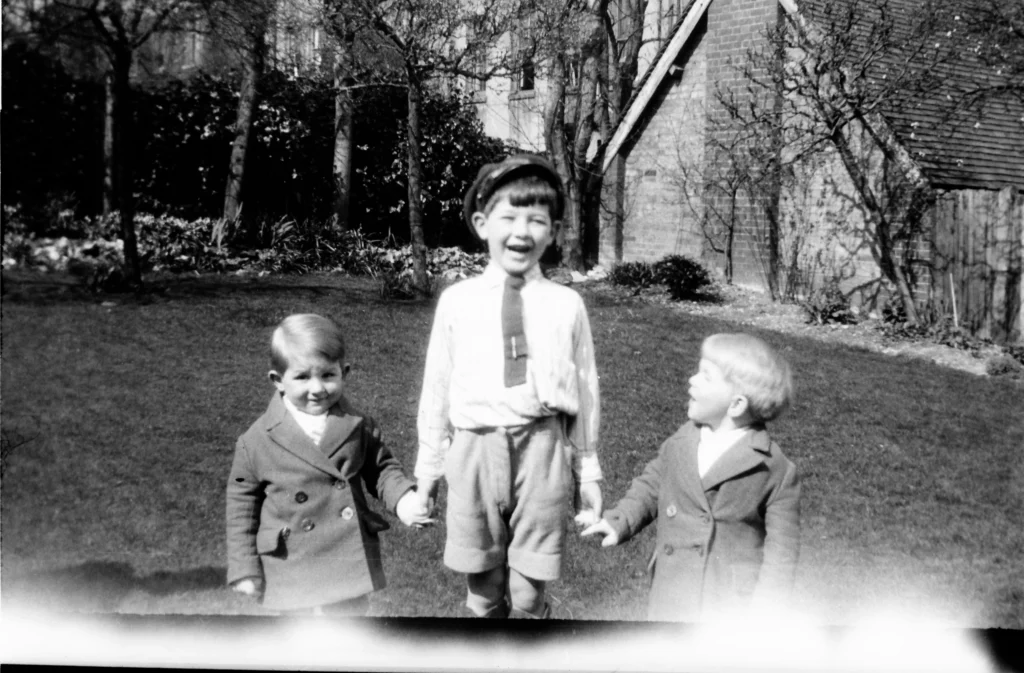
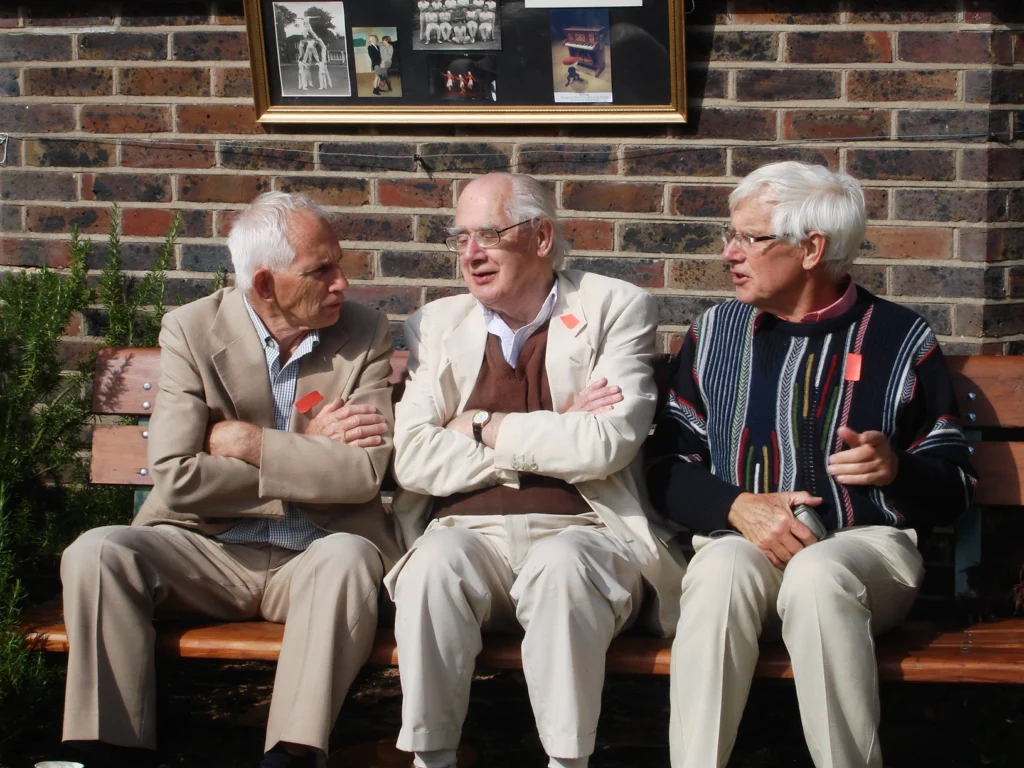
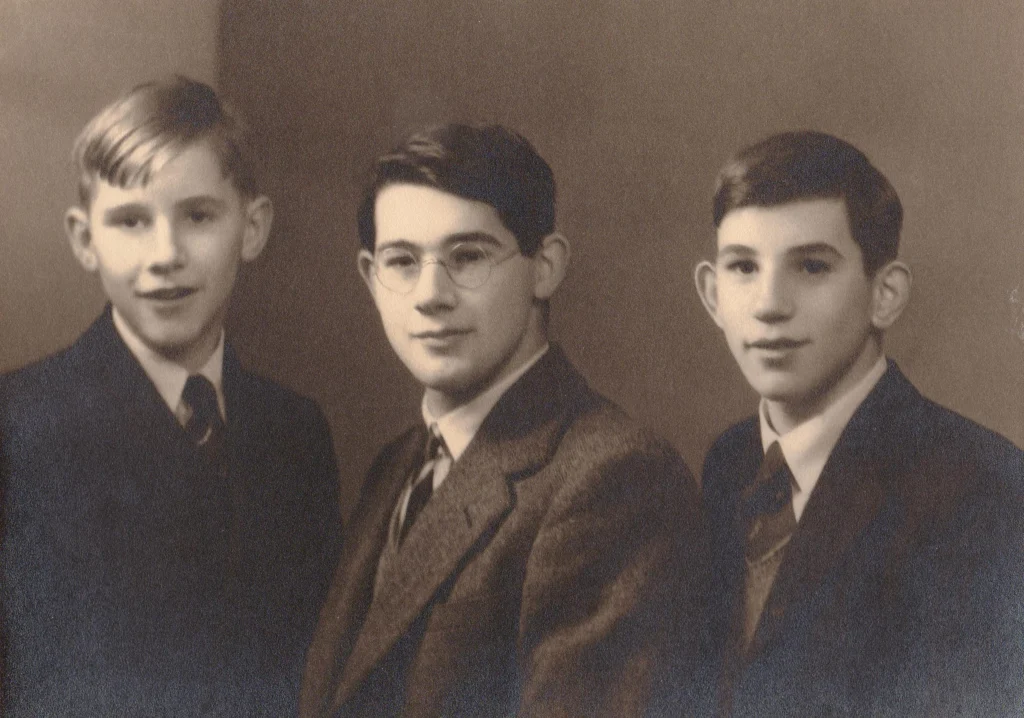
Derek at work
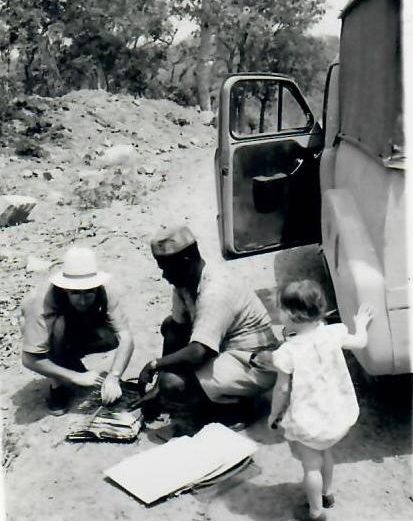
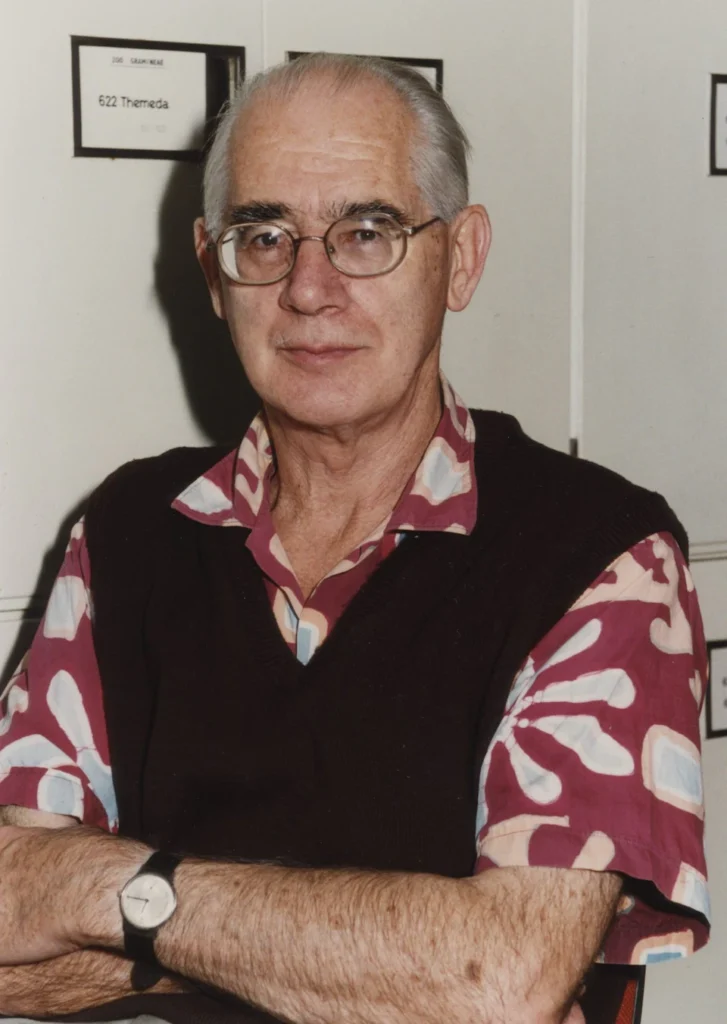


Leave a Reply